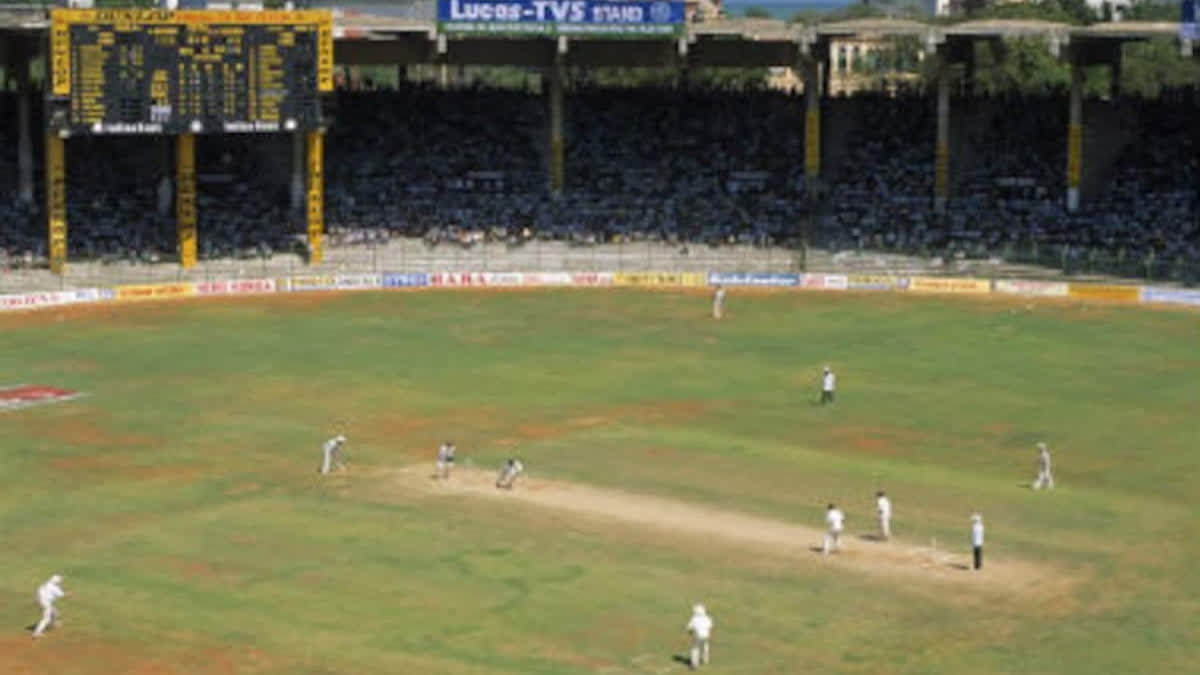Tamil Nadu has played an instrumental role in producing numerous memorable moments in the history of Indian cricket. The MA Chidambaram Stadium, also known as Chepauk, witnessed India’s first-ever Test win against England in 1952, a standing ovation from the crowd after Pakistan recorded an emphatic 12-run victory in 1999 and the only second-tied match in the history of Test cricket 39 years ago.
But the state, Tamil Nadu, also holds a special place in Indian cricket history for hosting a fixture that once mirrored Australia’s Boxing Day Test at Melbourne Cricket Ground or New Year Test at Sydney Cricket Ground (SCG). Attracting fans with its festive charm, every January’s third week, the stadium used to host India’s own Pongal Test (Makar Sankranti) around mid-January, especially in the 1980s and 1990s.
The Pongal festival is coming. Everyone knows the iconic Boxing Day Test and just a few days ago we saw its grandeur again. Until 1988 India had a tradition of hosting the Pongal Test.
— Vijay Anaparthi (@VijayCricketFan) January 12, 2025
Let's talk about the Pongal Test matches in this thread.
🧵1/n pic.twitter.com/awoKvunPWN
The Pongal Test tradition began in 1959-60 when Gulabrai Ramchandras-led India squared off against Richie Benaud’s Australia. India lost the match and the famous fixture was played every year till 1988. Out of 30 matches played during that period, India won 14, England won eight and the remaining games ended in a draw. Notably, out of the 4 Pongal Tests played at the Nehru Stadium, situated near Chepauk, India lost only one.
Its nearly impossible to have a pongal test every year due to a lot of test centres in india but they can do it at least every 2 or 3 years at least https://t.co/wHb7XFhWh8
— 𝐑𝐚𝐧𝐣𝐚𝐧 🇮🇳 (@im_ranjan17) January 14, 2025
The Pongal period was the obvious choice considering the weather forecast in India in January. But, some of the matches were held in November and December as well. However, they were affected by the heavy rains resulting in fixtures being washed out. For instance, Cyclone Baaz’s interruption in the 2005 India vs Sri Lanka Test. The second such occasion came a decade earlier when India vs New Zealand played the shortest-ever Test match that lasted for only 71 overs across five days. The Record was later broken in 2009 when the Test match between West Indies and England at North Stand witnessed only 10 balls being bowled.
The tradition faded away with time and eventually ended after 29 years when the West Indies toured India. The hosts-led by Ravi Shastri won the Test by a massive margin of 255 runs. The Test match remains unforgettable for Indian fans because of legendary spinner Narendra Hirwani's 16-wicket match haul. He still holds the record for most wickets in a Test match by the Indian bowler.
Despite Hirawani's record-breaking performance and India’s dominance in the annual Test, the Pongal Test was discontinued. India has never played the Pongal Test since 1989.
One of the biggest reasons for the discontinuation might be the restructuring of India’s international cricket calendar. When the tradition of the Pongal Test commenced, only red-ball cricket existed. However, the popularity of the ODI format which started in 1972 gained a surge in its appeal to the audiences till 1989. The limited-over format became famous due to its fast pace and India’s 1983 World Cup triumph also contributed to the cause.
Despite its discontinuation, the Pongal Test remains a nostalgic chapter in India’s cricketing history. While the tradition is now a thing of the past, its legacy and richness endure.



